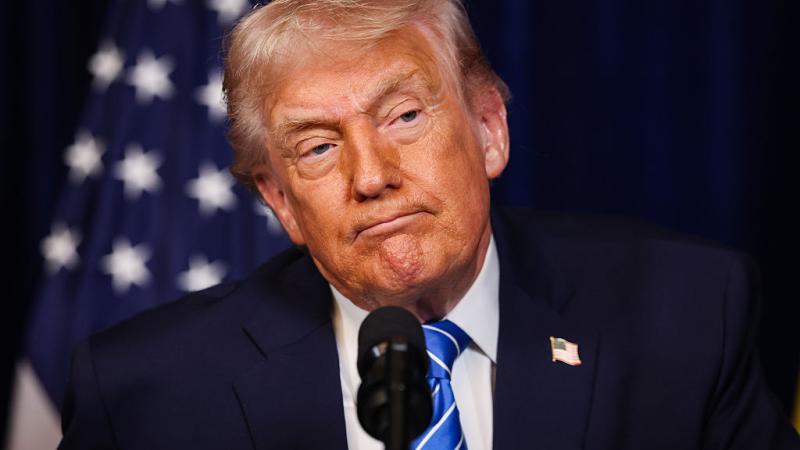Ex-Biden spox who defended president's mental fitness admits to having minimal interactions with him
Former spokesman for the White House Counsel told Congress he only met with Biden on four occasions.
One of President Joe Biden’s chief spokesmen, who frequently defended his boss from accusations of cognitive decline, admitted to congressional investigators that he only interacted with the president on four occasions which included only two in-person meetings.
Ian Sams, the former spokesman for the Biden White House Counsel’s Office, testified to the House Oversight Committee on Thursday as part of the panel’s ongoing investigation into the alleged coverup of the former president’s mental decline and possible unauthorized use of an autopen to sign official orders.
“Ian Sams frequently spoke publicly and with apparent authority about President Biden’s mental fitness and state of mind. However, Mr. Sams admitted he had very limited interaction with the President—identifying only two in-person meetings, one virtual meeting, and one phone call. In fact, Special Counsel Robert Hur probably spent more time with President Biden than Mr. Sams did,” Oversight Chairman James Comer said in a statement after Sams’ transcribed interview.
“Rather than drawing conclusions from firsthand experience, Mr. Sams received much of his direction from the White House Counsel and Biden’s inner circle. Mr. Sams repeatedly made broad public claims about the President’s cognitive condition, but he was not in a position to make these claims based on such limited contact,” the congressman continued.
“Mr. Sams’s testimony raises serious questions about who is truly calling the shots in the White House. We will continue to press for answers to ensure full transparency for the American people.”
Comer also subpoenaed and conducted further closed-door interviews with several of Biden’s other closest aides, including the White House physician, his former chief of staff, and senior policy advisers. But, so far, many have refused to answer the committee’s questions about the president’s health, which could shed light on whether Biden was able to approve the use of the autopen for signatures.
Neera Tanden, the former director of Biden's Domestic Policy Council, previously told the committee that she directed the use of the autopen, but without knowing who in the president’s inner circle was giving ultimate approval for the acts. Like Sams, Tanden said that she had minimal interaction with the president, Comer previously said of her interview.
By the time Biden dropped out of the presidential race due to a halting and disoriented debate performance, he had already been plagued by questions surrounding his mental capacity for years, mostly from Republicans. The administration largely kept the president behind closed doors and heavily restricted his access to the press. His public appearances, characterized by fumbling speech and poor memory, were embarrassing for the administration.
Justice Department Special Counsel Robert Hur, tasked with investigating Biden’s alleged mishandling of classified documents after his vice presidency, also delivered a scathing assessment of the president’s mental acuity in his final report, which was released by the department in February.
After Biden left office, Comer launched an investigation into the former administration, to uncover how senior officials worked to cover up the president’s mental condition and into the use of an autopen to sign various presidential documents, from executive orders to pardons, during his final months in office.
Correction: an earlier version of this article incorrectly noted three meetings instead of four.














